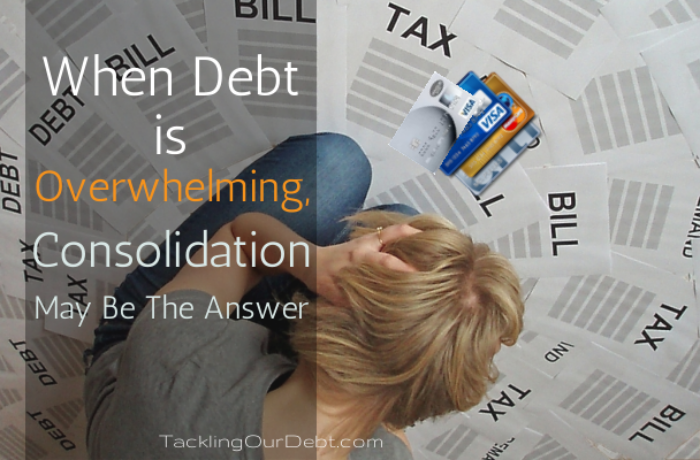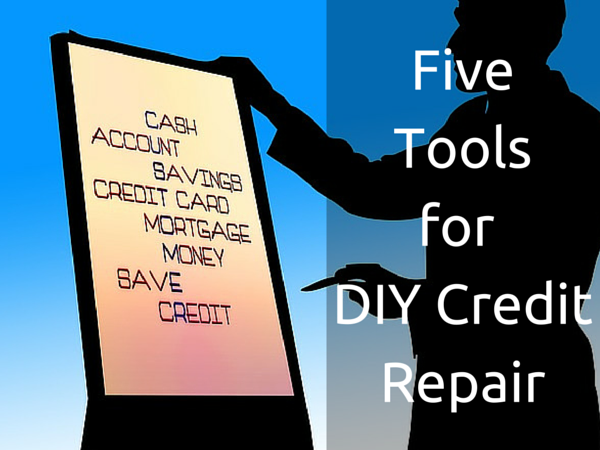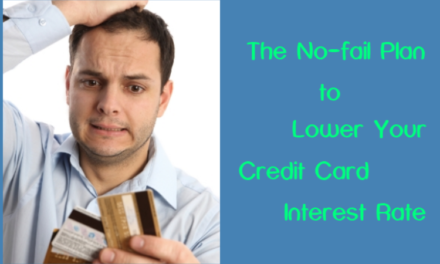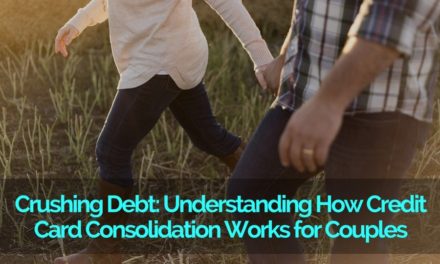Many people dread looking at their credit card statements. They’ve fallen behind on a few payments and are starting to feel the pressure. It can be a frightening time as you don’t know what to do, and don’t know who to turn to.
So, how do you know if debt consolidation is the right choice?
First, figure out your financial situation by calculating how much you spend on paying off your creditors and how much you earn. If your credit card payments are siphoning off more than 10%-15% of your income each month, you may have found one source of your financial problems.
At this point, you need to figure out how to attack your debts. Use an online debt calculator to find out just how long you can expect to be in debt for at your current pace. Make a budget and see if you can find some savings that can be directed towards paying off your debts. It may just be a matter of making smarter decisions to get rid of your debt load.
But, in some situations, the debts are too high and the amount of money being earned is not enough.
In situations like this, debt consolidation may be one route to financial freedom.
But, which method is right for you? Let’s look at the various ways to combine your debts to make the payments more manageable.
Credit Card Balance Transfer
This is a method that you can do yourself without any outside help. When high interest on your credit card debts are blocking you from paying them off, it may be worthwhile to get a new credit card with a low balance transfer APR. Then, you move your existing balances to the new card and start making payments. You’ll be able to make a bigger dent in your debt.
However, there is a caveat here; this method doesn’t work if you continue with a debt-supported lifestyle. In that case, you’ll still be adding to your debt, just at a slower rate.
Unsecured Debt Consolidation Loan
This method requires you to have a good credit score, which may not be the situation if you’ve been missing some payments.
You can take out an unsecured loan that is large enough to cover all of our existing loans. You pay them off in one payment and now you are only worrying about the one bank loan you have. If you can get a decent interest rate, this may save you money.
But, again, a lifestyle change needs to be made to prevent yourself from continuing the debt cycle.
Home Equity Loan
This method operates in a similar fashion to the unsecured debt consolidation loan, just this time your house is the collateral. You may be able use your home to secure a low-interest loan that will allow you to pay off your debts. It must be noted that this is not a recommended option as you could lose your home if you can’t keep up with the payments.
Tread cautiously. It may be better for you to consider the next option.
Debt Management Program
Consolidating your debts through a debt management program has helped tens of thousands of Canadians slay their debt demons.
Basically, the debt management program will combine your payments into one manageable sum with lower interest rates and reduced fees from what you are currently paying.
You pay the consolidation organization a small fee each month for processing your payment. The length of the program varies on your financial situation and the amount of debts you have to pay off, but generally it takes 4-5 years. Debt management programs through nonprofit credit counselling agencies, work because they give people a path to financial freedom they can follow until the reach their goal.
The most important thing for fixing any problem is admitting that there is one. By accepting the situation and taking concrete steps to throw off the chains of debt, you will be able to attain financial freedom. Good luck!





